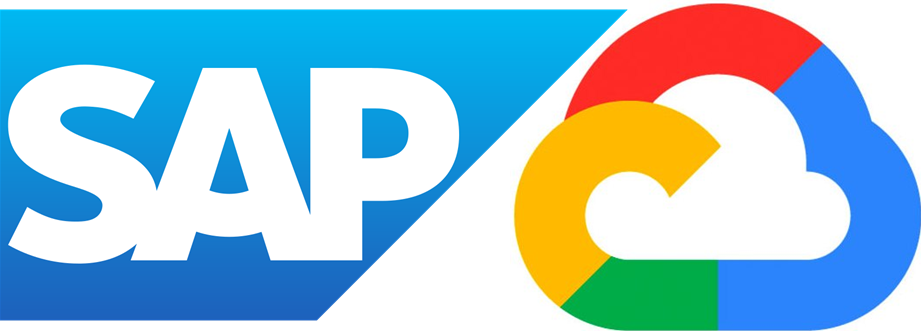You know what it’s like to have a craving for something specific?
On a recent trip to London, I had a craving for a BLT (Bacon, Lettuce and Tomato sandwich). You can imagine my disappointment when I heard they were out of tomatoes. It made me think about possible root causes of why such a commodity would even be short on supply. What came to mind was the climate change that is impacting crops, soaring energy prices which cause UK greenhouses to shut down during winter, a shortage of labor which translates to no truck drivers, and all this topped with geo-political reasons that restrict movement of goods and divert them to other countries.
I understand that not having tomatoes for my sandwich sounds a little trivial, but for a business owner, a shortage of supplies or materials can be a question of survival. When faced with supply chain disruptions, a business doesn’t “need AI”, they need what AI can do.
Let me explain:
Amid all the hype and excitement around GenAI and ChatGPT, it is important to remember that AI is not new. Nor is the Intelligent Enterprise. Cooler heads must prevail. There is a fear of missing out (FOMO) mentality that threatens to overwhelm good business sense. Today’s businesses need to be agile to remain competitive in a constantly shifting landscape. ERP solutions can enable intelligent enterprises to face emerging challenges and to easily anticipate and address changes, leading to better productivity, visibility and results. AI can magnify this.
But how can companies leverage this valuable capability to improve ERP software, by simplifying and enhancing the current functionality and ultimately making the software easier to consume? And how exactly can businesses benefit from an AI-enriched ERP and begin their transformation into an intelligent enterprise?
In the case of my sandwich, I’m confident AI-enhanced ERP could have helped: by monitoring water levels to improve crop yield, or else enabling efficient delivery planning regarding transportation by identifying the available transportation routes and resources using real-time information.
We all know, resilient supply chains are the backbone of every successful business and economy. This is an area in which AI provides massive benefit: AI can predict, prepare and help companies appropriately react to today’s fast-evolving demands. Based on a product’s demand, characteristics or forecast, AI can propose means of warehouse organization, in addition to stock and replenishment processes optimization. AI-enriched applications can automatically calculate demand and order products to allow retailers to plan and optimize replenishment across their distribution centers. This not only leads to optimization of inventory levels and costs but also boosts product availability and margins.
By forecasting the risk of a late payment on an invoice and helping with customer prioritization an AI-enhanced ERP helps finance teams to quickly identify changes, reduce risks and makes it easier for them to control costs. Sales teams can spend more “quality time” with their customers, thanks to AI completing complex sales order documents automatically, enabling faster order processing and making manual order entries by sales reps obsolete. Procurement processes can be made more productive and intuitive and support within ERP software is made more responsive using the advantages of AI.
A balanced diet of AI innovation
We have been working on AI innovations for several years. Sometimes, amid the whole GenAI hype, one tends to forget that AI is not new. It’s simply called “more traditional AI” now. These innovations can be found everywhere. For example, the mapping of certain documents together using artificial intelligence, which reduces the need for tedious, repetitive and error-prone manual work. Or in manufacturing, they are used for visual inspection, where cameras are used to check the product and its components for potential quality issues during the manufacturing process.
I believe it’s about taking away a fear that’s sometimes out there. The world is constantly changing, business is adapting to continuous disruption and now technology is being revolutionized with AI. Throughout all this, having a trusted partner and confidence in your data enables you to move your business forward. Software providers already started putting AI and machine learning in their solutions years ago, but for a long time, customers have been hesitant. ChatGPT and generative AI have made AI feel more accessible, more tangible and many customers are now more open and keener to use AI capabilities.
It’s important for vendors to say: “It’s not about AI, it’s about what AI can do for your business”. Once a business knows where they’re heading or what differentiates them, what their customers are looking for, then they can ask, “how can AI help to achieve this?”. The right ERP provider will help their customers to improve how they run their business and that includes showing them where AI can fit into it. They take care of the complexity and journey with them in that partnership. Customers don’t need to be an AI expert, they just need to be an expert in their business.
ERP has been at the center of business for decades, enabling businesses to lower costs, improve quality and provide a stable platform for innovation. To leverage innovation, you have to have cloud scale. To get benefit from AI and become an intelligent enterprise you must be in control of data quality. You must have cloud-based systems, you can’t do all that stuff sitting in an on-premise data center. Standardized ways of working are key: industry best practice processes or out-of-the-box public cloud solutions for everything that doesn’t differentiate you.
To me, the future of AI is extremely exciting, and I believe AI will fundamentally change the way we work, change the way business functions, and will obviously change how software is being used in a company.
There is so much potential when it comes to injecting AI in ERP solutions. Though with all the current hype around this topic, it’s important to remember that why you’re in business, what differentiates you, and how you serve your customers is what really matters. So, to avoid making a meal of your business, ERP providers must be what their customers need them to be: the rational advisor and trusted partner in a fast-changing business world, without the side of FOMO.





